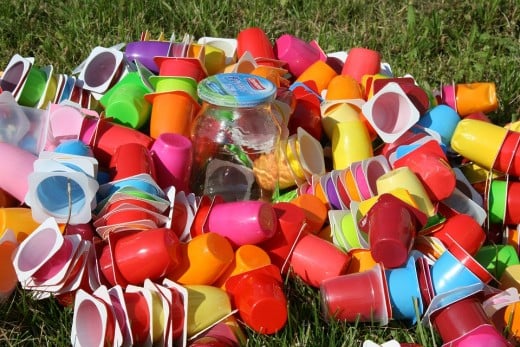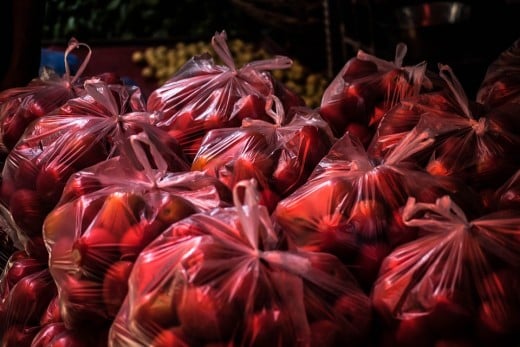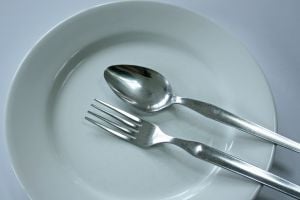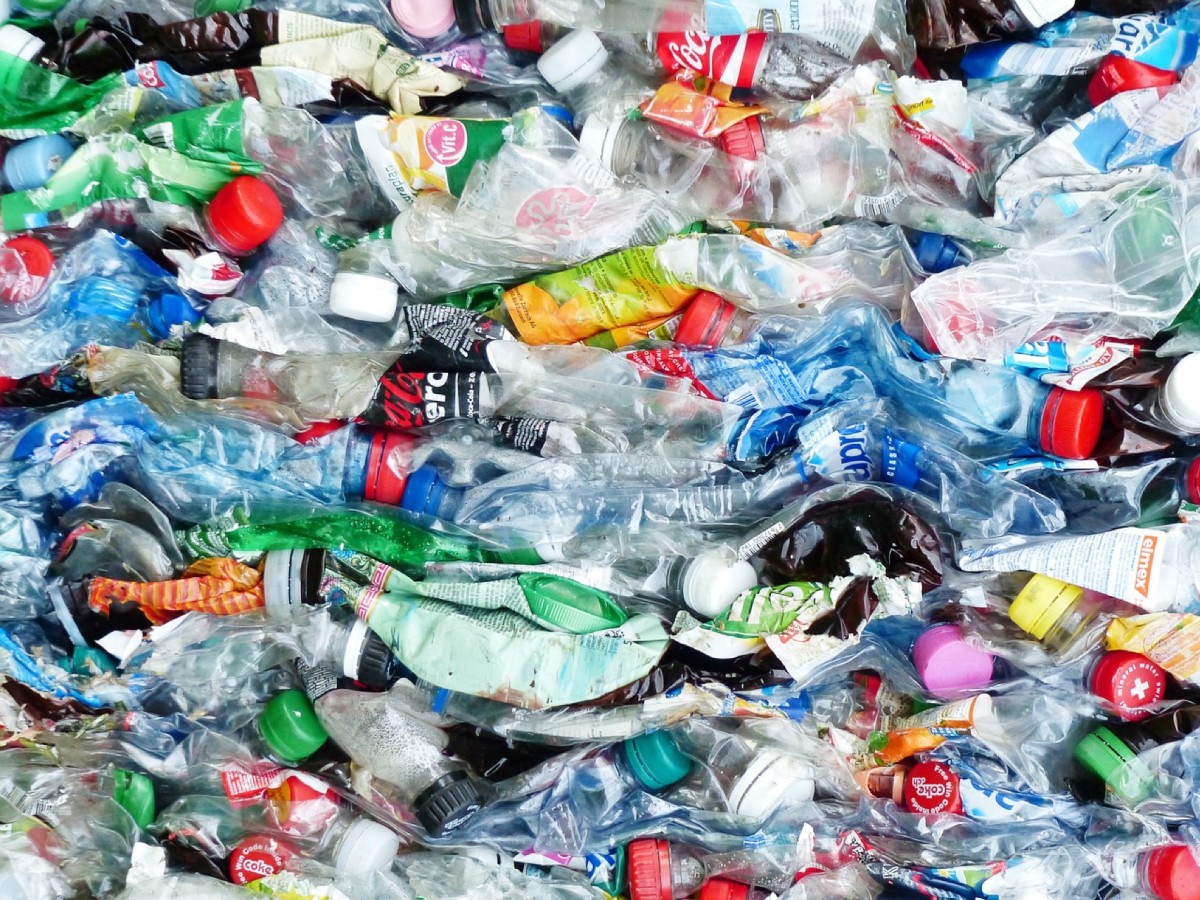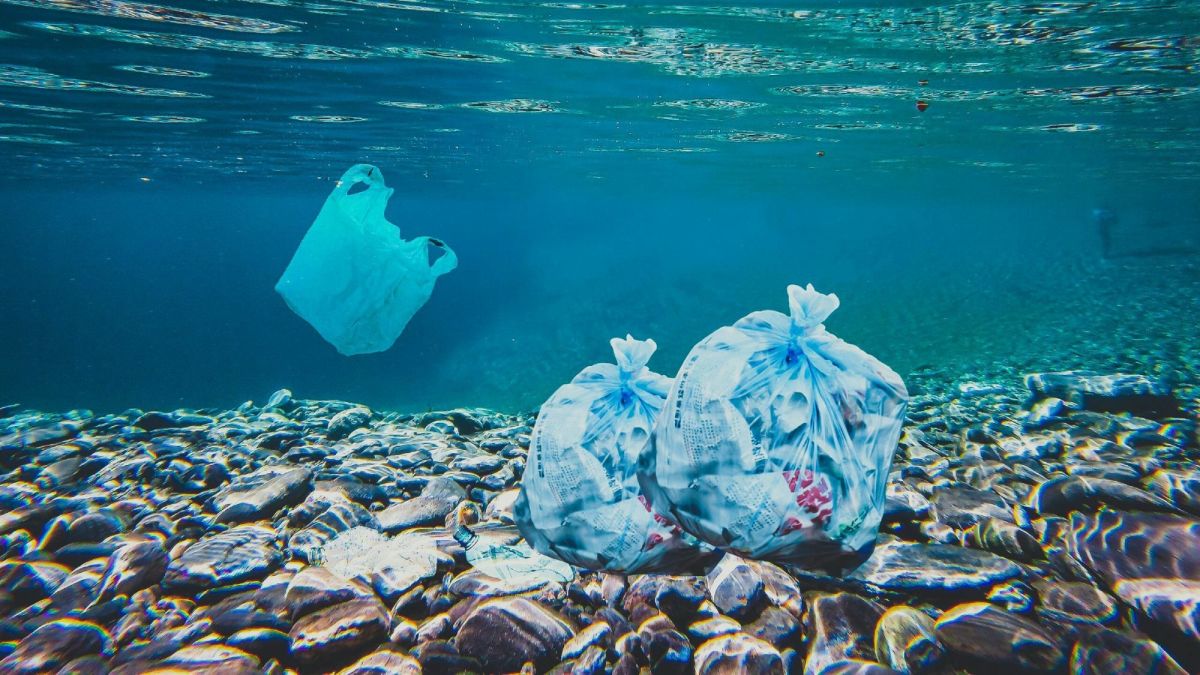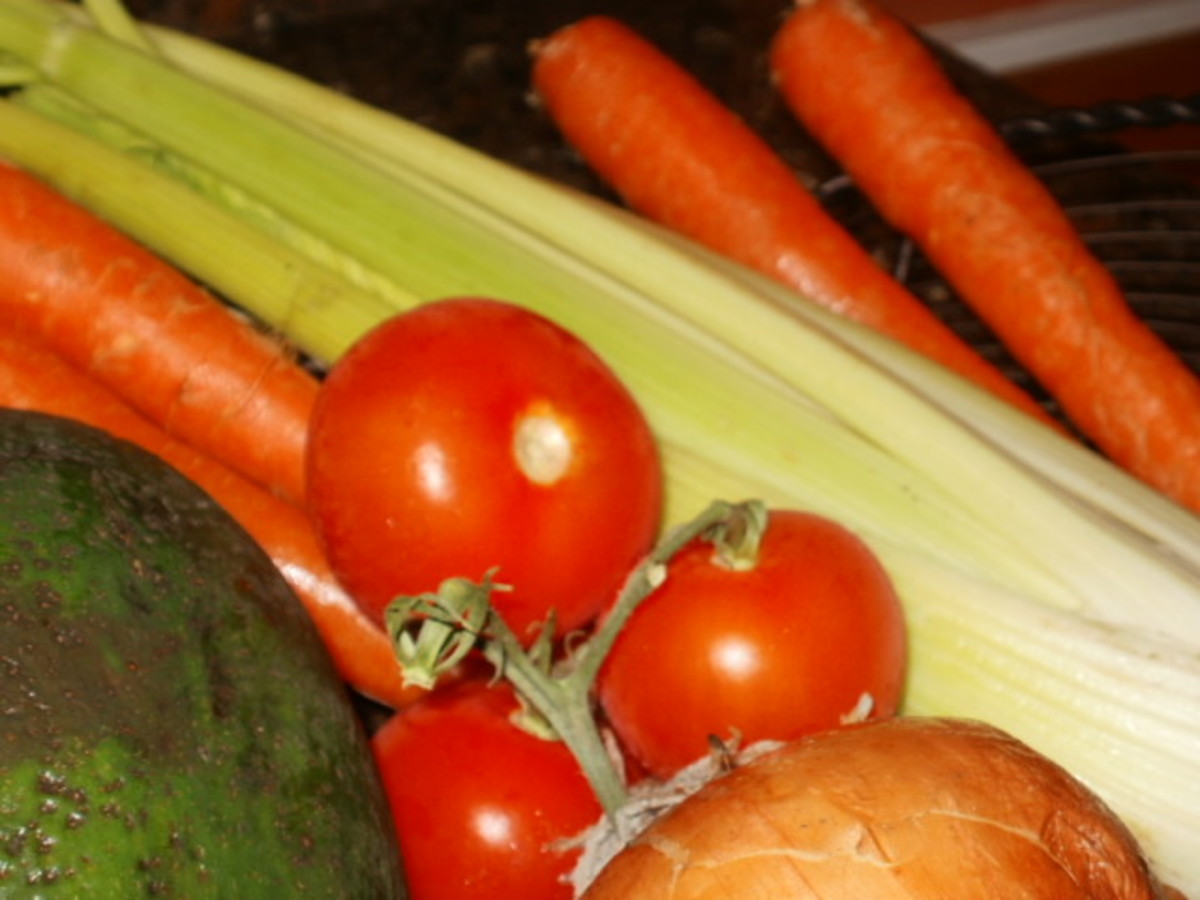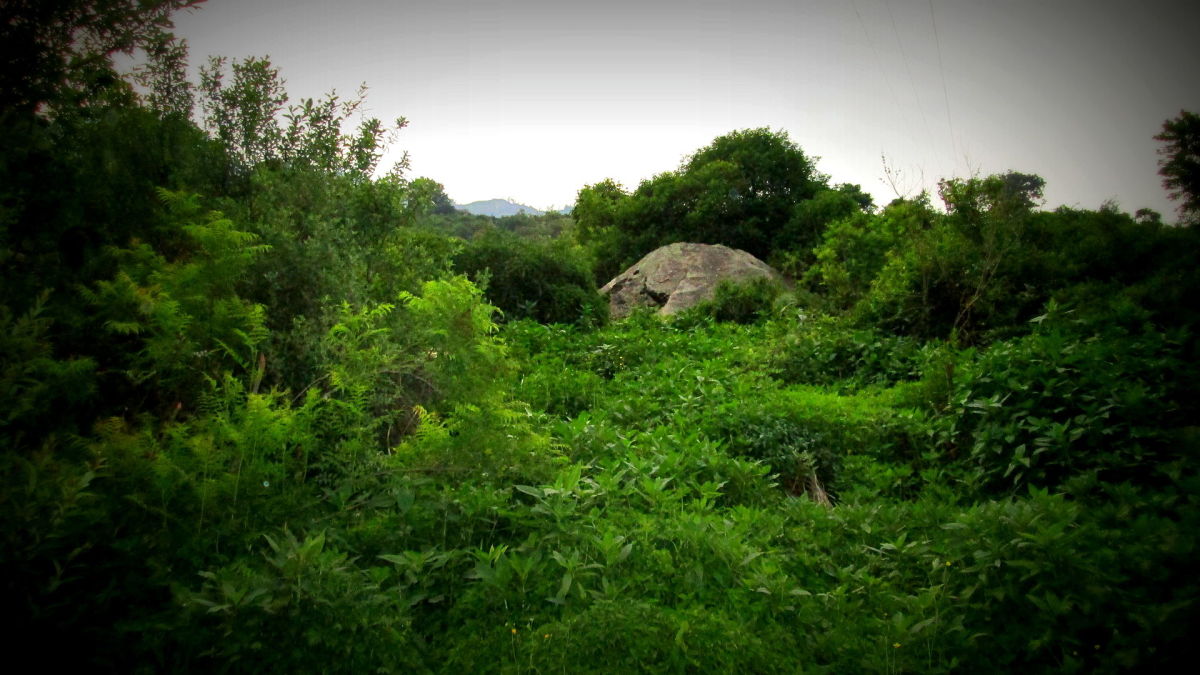Sustainability and Tips for Going Green for Life
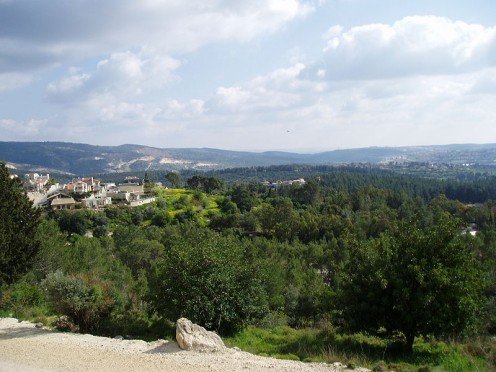
Why Do We Waste?
Not only do we need to continually develop new resources of renewable energy, but also to increase the actions of waste reduction. This seems to be all-around good stewardship of our environment and the resources available to us. Surely, we were not put on Earth in order to waste it.
Unfortunately. some individuals seem to think that they can waste whatever they please and that additional amounts of resources will be handed to them. At some point, we must ask, "From where?" The unlimited storeroom in the sky really does not exist.
Some of these are the same folks that told their children that money does not grow on trees.
Some of these deluded souls are now finding that they must work two full-time jobs well into their 70s, because they have a spending addiction and cannot pay their taxes. And some of their houses are full of plastics of all sorts that will exist forever.
All this aside, good stewardship and refraining from waste are the alternatives to a throw away society and giving in to spending addictions, in my opinion.
There is one particular TV program that is a good advocate for greener living, because it provides an overly-obvious example of high consumption gone awry.
Things to Change
Click thumbnail to view full-size


We Must Use Less Plastic
One good way in which to live a greener, less wasteful life, is not to follow the advice and directions of a local late-night cooking show that uses a full box of large plastic zipper bags daily and throws them into the trash, each still half filled with freshly made food.If this show were a child, its allowance might be reduced or suspended until the parent taught him or her good stewardship and the value of money and energy.
This particular lower-budget TV program strikes me as an advocate of extreme consumerism that is unnecessary. I only watch a few moments of it now as I flip to PBS!
One particular episode showed seven 10-year-old girls wearing cheaply-made plastic tiaras that cost $15 each from a local high-priced party store.
The youngsters were being taught to fill 10 1-gallon-size plastic zipper bags with different colors of cake fronting, to frost only two cupcakes each, and then to throw the half-full bags into the trash. This is good training for a consumer's future.
The tiaras were also thrown away after the girls ate their cupcakes form disposal pink plates - "We can get more for next time."
The frosting was ready-made frosting to which food coloring was added. This might be fun and wasteful, but it's not cooking. This does not seem to be a cooking show at all.
Every episode is like this, so I avoid it altogether. One more crackle of non-recylcable plastic bags would have popped a main artery! That reminds me of all the plastics used in the medical and healthcare field and I hope these will be switched over to biodegradable sorts as much as possible.
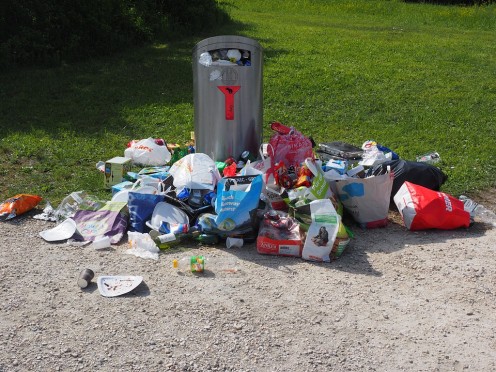
The Throw Away Society
A book first published in the early 1970s entitled The Greening of America discussed the faults of an American throw-away society, and a cooking program such as this one is a perfect example of that disposable society.
This TV show reminds me of the stereotypical millionaire that lights his cigars with hundred dollar bills or the newly rich person that drives down the main boulevard of the city while throwing cash like confetti out of the car windows.
First of all, this is a cooking show with no cooking. This lack of cooking means to me that a cook does not have one of the following:
- Time enough to create a food dish, or
- Skills or patience enough to make the dish.
I hope that it does not also connote that a person may be too lazy to snobbish to get "dirty" in the cooking process, e.g. "I'm too good to cook." Or perhaps they don't know how to cook and are simply pretending to think it is a low-life vocation. Some people detest cooking. That's fine -- Just don't act like you're too good to do it, I say.
Not a Green Idea - "Bag O' Omelet"
Alternatives to Plastic Waste
Smart Food Preparation Can Help
The most blatant waste on this show is the practice that is central to each and every episode. This practice is the constant use of gallon-sized plastic zipper bags only once and then tossing them into the trash still half full of a recently made food product. The food product is often unhealthy itself (sugar and grease or som e such) and throughout the episode, the hostess holds her head at a self-conscious tilt indicating as she presents her weekly project
The hostess puts frosting or mashed potatoes into a bag, cuts off one corner and pipes the food inside onto a cake, a cupcake, or a roast; but then throws out the bag with the rest of the food in it, all to lay in waste dumps for over a century. Sometimes she uses ketchup in the bag to decorate sandwiches. A few times, she put cookie dough into to plastic bags in order to pipe cookies onto a baking sheet so she does not "dirty up a spoon and her fingers." I think she always used a spoon to put the dough in the bag first, though...
I advise not to use plastic bags to pipe frosting and mashed potatoes. Use muslin or canvas piping bags that are easily washable and reusable for many years - and not really expensive, either - $4.00 for one large bag at our cook's supply store and on the Internet, sometimes cheaper.
Some Other Great Alternatives:
- A good disposable choice is a brown paper bag or butcher paper from which you cut a large circle. Roll up the circle into a cone, fill with frosting, potatoes, or whatever, cut the point off the bottom and pipe away. Use all the food or store the remainder in a glass jar with a lid in your refrigerator, wash the paper off and recycle it.
- I don't use paper towels or plastic refrigerator containers any longer. I do use cloth towels, glass jars with lids, and a compost pile. For freezing foods, I have a small set of containers that will last me the rest of my natural life.
- Instead of plastic bags, you can also use plastic mustard and ketchup dispensing bottles for piping if you already have them in the house, but you don't need to purchase them. If you have empty dish soap bottles you can even use them after they are washed.
- Biodegradable plastic bottles made from corn are a good choice, because you can use them several times and then recycle. Don't however, try to use laundry detergent bottles, because they are usually much too large and any detergent residue left in them can cause illness. You may have many other good ideas as well.
Please share your other alternatives for plastic bag waste in the Comments section. Thanks!
© 2008 Patty Inglish MS MPH

